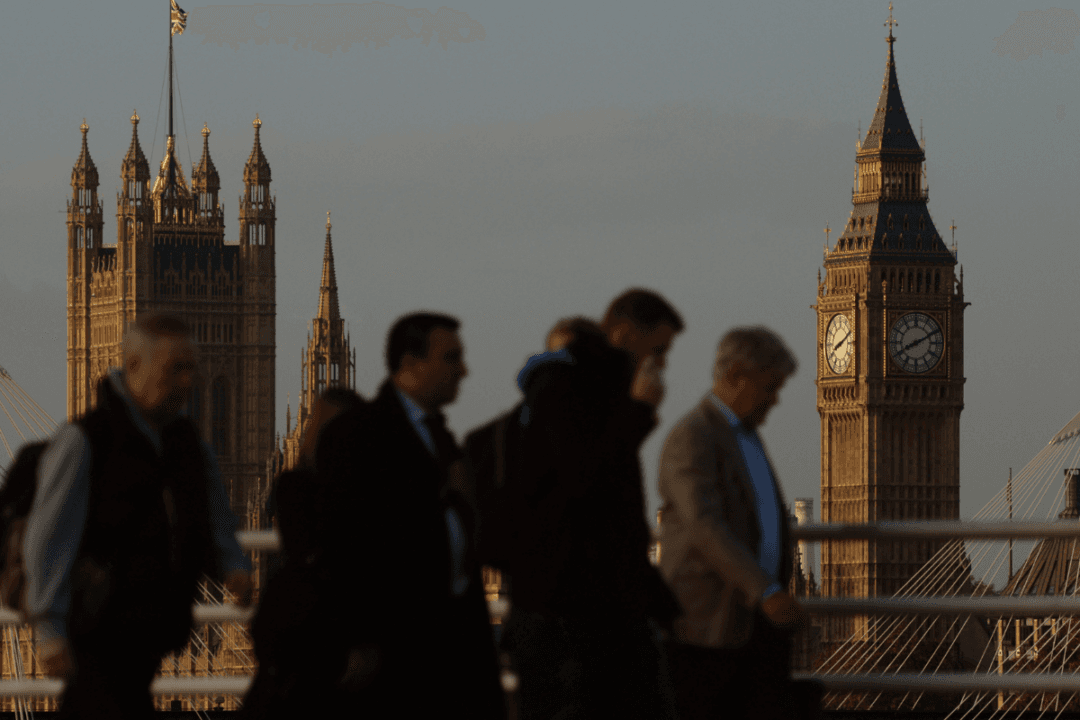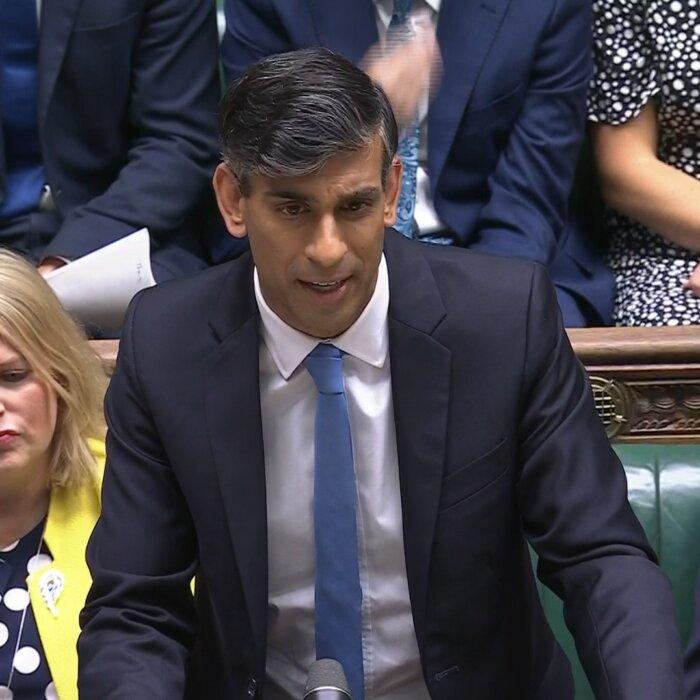The government may need to raise more taxes in the course of this Parliament to avoid £9 billion in spending cuts, the Institute for Fiscal Studies (IFS) think tank has said.
Reeves also announced that public spending will increase by around £70 billion annually over the next five years and borrowing will increase by an average of £32.3 billion a year.
IFS Director Paul Johnson said that keeping within that 1.3 percent envelope “will be extremely challenging” and that day-to-day public service spending “will in fact increase considerably more quickly than supposedly planned after next year.”
Johnson said that it would be odd to increase spending rapidly, only to cut back again, saying that 1.3 percent “would almost certainly mean real-terms cuts for some departments.”
“I’m afraid this looks like the same silly games playing as we got used to with the last lot. Pencil in implausibly low spending increases for the future in order to make the fiscal arithmetic balance,” Johnson said.
Working People Will Pay
One of the tax rises announced was a 1.2 percent increase in employer NI contributions, bringing it up to a total of 15 percent. This meant that Reeves managed to—technically—keep her promise that there would be no change to “working people’s payslips,” with no increase in income tax and employee NI or VAT.The IFS also scrutinised the predicted benefit this tax increase will produce. Johnson said it “will not actually get the Treasury anything like the £25 billion stated on the scorecard.”
Quoting the OBR’s predictions, the IFS said that that would take the net revenue down to around £16 billion and “on top of that there will be an effective £6 billion of compensation for public sector employees.”
“Somebody will pay for the higher taxes—largely working people,” Johnson said.

Stamp Duty Land Tax
The IFS was not wholly critical of the Budget and said that tax rises were “always a near-inevitability.”However, in its initial response, it gave a scathing criticism of the government’s plans to increase stamp duty land tax surcharge for second homes and buy-to-let by 2 percent, bringing it to 5 percent, which Johnson called one of the chancellor’s “deeply disappointing” decisions.
“I have said again and again that stamp duty land tax is among the most economically damaging of all our taxes, and yet we have it increasing again. The increase may just be on second properties, but it is renters who will pay part of the cost as the supply of such properties falls,” Johnson wrote.
The government has also decided not to extend tax relief for first-time buyers.
Coventry Building Society said the rise in stamp duty could end up having a knock-on effect on landlords and renters.
No Future Tax Rises
Responding to the IFS analysis, Downing Street denied that future tax rises will be needed to avoid cuts.Prime Minister Sir Keir Starmer’s official spokesperson said: “No. The chancellor set out the spending envelope over the course of this Parliament. It results in day-to-day funding growing an average of 2 percent per year in real terms.
“It is a significant increase in investment in our public services compared to the plans that this government inherited, and it required a significant set of choices and trade-offs in the Budget yesterday.”
“Obviously, the next spending review will set out departmental plans beyond 2025/26 and it will also set out a significant public sector reform agenda alongside that,” the spokesperson added.







